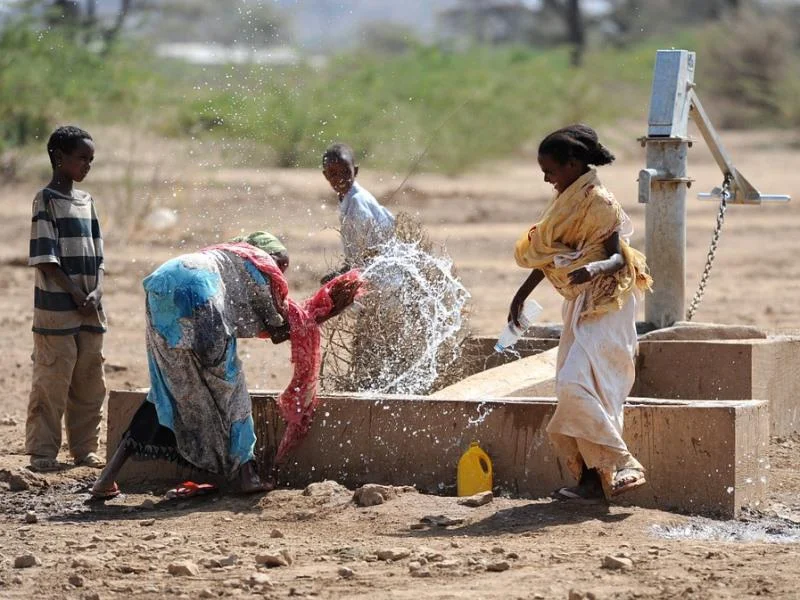New way of measuring inequality

A radical new way of measuring inequality, based on the work of the distinguished economist and philosopher Amartya Sen, has been developed as part of a collaboration between academics at LSE and the School of Oriental and African Studies and practitioners at Oxfam.
The Multidimensional Inequality Framework (MIF) is designed to fill the gaps in existing approaches which are based on economic outcomes, such as income, earnings and wealth, and subjective outcomes such as happiness.
MIF is theoretically underpinned by Amartya Sen’s capability approach to conceptualising and assessing well-being. This approach leads us to consider the important dimensions that shape individuals’ capability to lead a life they have reason to value and one that they would choose for themselves, assuming that they have the freedoms necessary to do so.
The MIF, along with accompanying toolkits, provide all the resources necessary to measure, analyse and take action on multidimensional inequality. The resources are free to use and the MIF can be easily adapted to suit different countries and parts of the world.
Dr Abigail McKnight, Associate Professorial Research Fellow and Associate Director of Centre for Analysis of Social Exclusion at LSE, commented:
"The MIF provides the first systematic, theoretically grounded approach to measuring and analysing inequality in the quality of people’s lives. For too long we have taken a narrow approach to assessing inequality and this has limited our understanding and our ability to tackle inequality."
The MIF and toolkit are free to access from LSE: http://sticerd.lse.ac.uk/inequality/
Also: http://sticerd.lse.ac.uk/inequality/the-framework/media/mif-framework.pdf